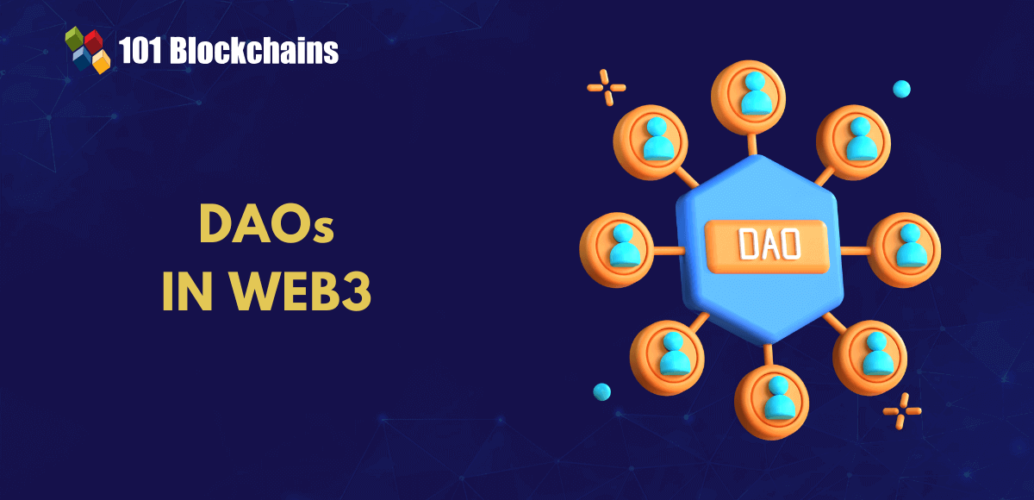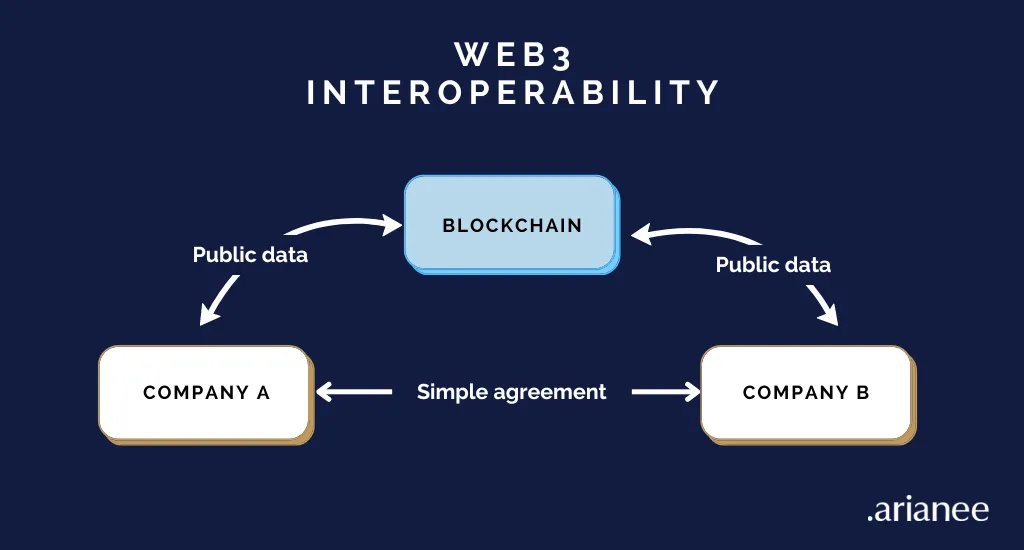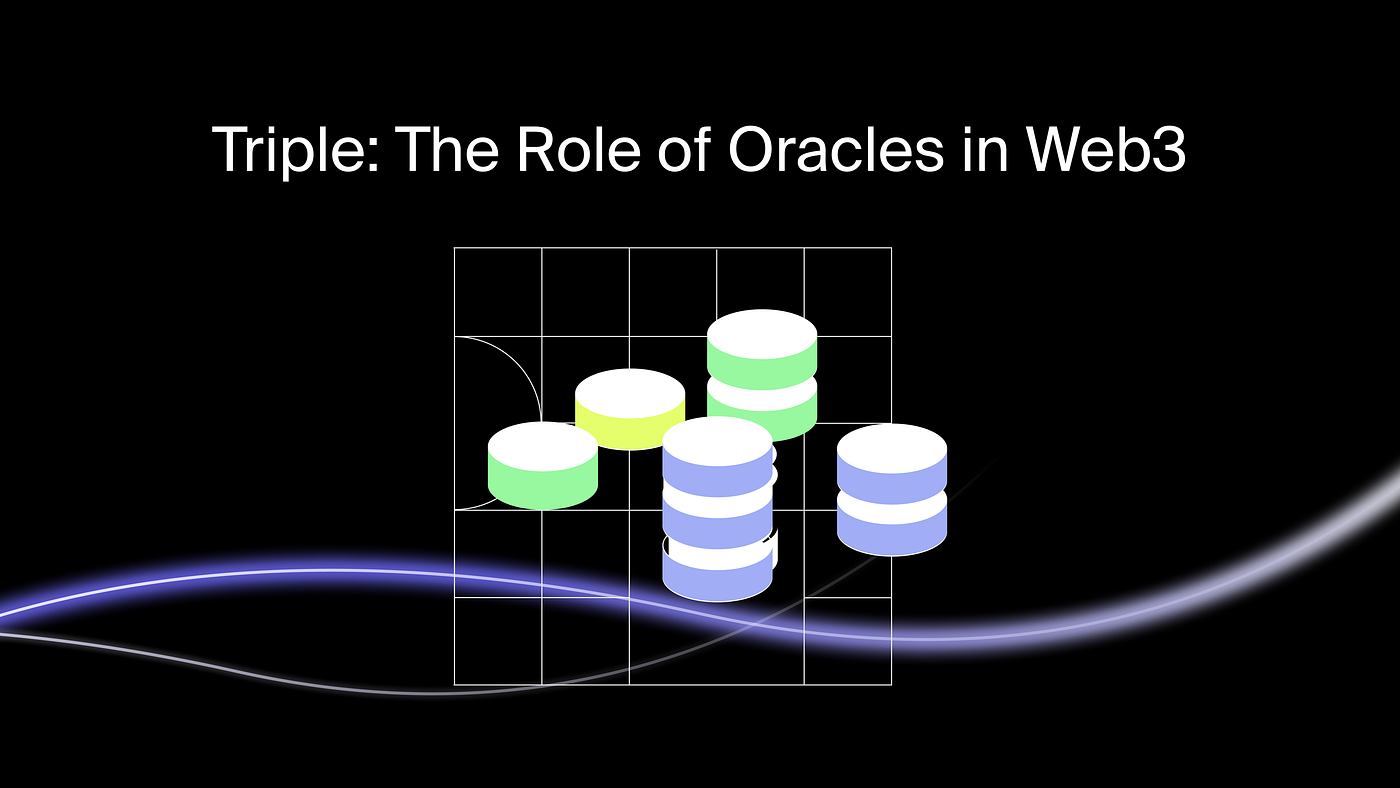
Decentralized Autonomous Organizations, or DAOs, are transforming how decisions are made, communities are managed, and digital projects are governed. In the Web3 era, where decentralization is the guiding principle, DAOs give power to the people—enabling communities to collectively shape platforms, protocols, and ecosystems without relying on traditional hierarchical structures.
What Are DAOs?
A DAO is a blockchain-based organization governed by smart contracts and community voting. Unlike traditional companies with boards and executives, DAOs operate through a set of encoded rules and protocols, allowing members to propose initiatives, vote on key decisions, and allocate resources collectively.
Key characteristics of DAOs include:
- Decentralization: No single entity controls decision-making; power is distributed among token holders.
- Transparency: All proposals, votes, and fund allocations are recorded on-chain, providing verifiable audit trails.
- Programmable Governance: Smart contracts automatically execute approved decisions, reducing the need for intermediaries.
By design, DAOs empower communities to manage projects collaboratively and equitably.
How DAO Governance Works
Governance in DAOs is typically facilitated through governance tokens, which represent voting power. Token holders can:
- Submit Proposals: Suggest protocol upgrades, funding initiatives, or changes to governance structures.
- Vote on Proposals: Decisions are determined by majority or weighted voting mechanisms, depending on the DAO’s structure.
- Execute Approved Actions: Smart contracts implement decisions automatically once approved.
Popular governance models include:
- One-token-one-vote: Each token equals one vote, giving larger holders more influence.
- Quadratic voting: Reduces the influence of whales by weighting votes non-linearly.
- Delegated voting: Token holders delegate voting rights to trusted representatives to ensure active participation.
These mechanisms enable DAOs to operate efficiently while maintaining decentralization.
Benefits of DAOs in Web3
DAOs bring numerous advantages to the Web3 ecosystem:
- Community Empowerment: Users become active stakeholders, influencing project direction and strategy.
- Transparency and Accountability: On-chain voting and funding prevent opaque decision-making and misuse of resources.
- Global Participation: Anyone with internet access can join a DAO, fostering diverse perspectives and collaboration.
- Innovation and Agility: Communities can rapidly adapt to market changes, implement updates, and fund new initiatives without bureaucratic delays.
DAOs shift power from centralized entities to communities, creating ecosystems that are more democratic, responsive, and resilient.
Real-World Examples
DAOs are already shaping Web3 in significant ways:
- MakerDAO: Manages the DAI stablecoin, allowing token holders to vote on collateral types, risk parameters, and protocol upgrades.
- Uniswap DAO: Token holders govern one of the largest decentralized exchanges, deciding on fee structures, liquidity incentives, and governance initiatives.
- Aave DAO: Community members vote on asset listings, risk parameters, and treasury allocation, driving the direction of the DeFi lending protocol.
- Grant DAOs: Fund public goods, open-source development, and community projects through decentralized crowdfunding and collective decision-making.
These examples illustrate how DAOs empower communities to influence real-world digital finance and technology projects.
Challenges Facing DAOs
Despite their promise, DAOs face several challenges:
- Whale Dominance: Large token holders can disproportionately sway decisions, potentially centralizing power.
- Voter Apathy: Low participation rates may undermine the democratic principles of DAOs.
- Security Risks: Smart contract vulnerabilities or flawed governance mechanisms can result in fund loss or exploitation.
- Legal Ambiguity: DAOs operate in a regulatory gray area, raising questions about liability, taxation, and compliance.
Solutions such as quadratic voting, delegated participation, multi-signature wallets, and regulatory engagement are emerging to address these concerns.
The Future of DAOs and Web3 Governance
DAOs are poised to expand beyond DeFi into areas like gaming, content creation, social platforms, and enterprise applications. Future developments may include:
- Cross-Chain DAOs: Governance spanning multiple blockchain networks for unified decision-making.
- Reputation-Based Voting: Incorporating member activity and contribution history into voting power.
- Automated Treasury Management: Smart contracts optimizing fund allocation based on predefined community priorities.
- Integration with Real-World Governance: DAOs influencing legal entities, cooperatives, and collaborative ventures outside blockchain.
These innovations will cement DAOs as a central mechanism for decentralized governance in Web3.
Final Thoughts
DAOs exemplify the Web3 ethos: community-driven, transparent, and decentralized decision-making. By empowering token holders to govern protocols, allocate resources, and drive innovation, DAOs transform users from passive participants into active stakeholders.
As the Web3 ecosystem continues to grow, DAOs will increasingly shape the future of digital organizations, finance, and collaboration, proving that communities, not central authorities, are the true architects of the decentralized internet.







